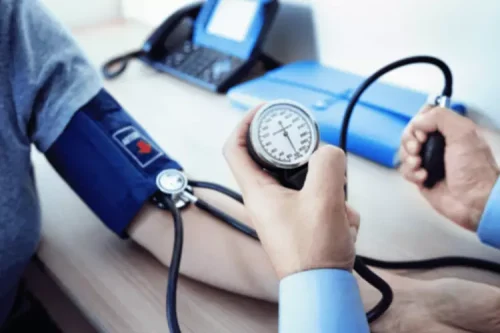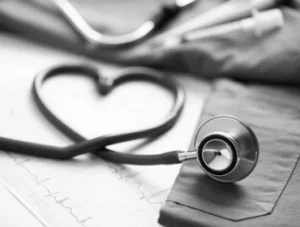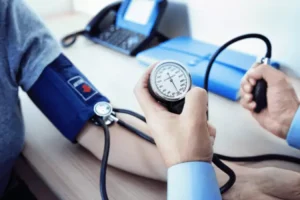
It’s thought that cannabis can increase your risk of serious bleeding. It’s an offence blood thinners and alcohol to drive a car if your ability to drive safely is affected. If you still want to go ahead, talk to your doctor about your specific risks in case you need antibiotics. Apixaban works by stopping a clotting factor called factor Xa working. There are several different types of medications that can interact with alcohol.
Increased Bleeding Risk
Benadryl (diphenhydramine) is an over-the-counter (OTC) antihistamine drug commonly used to treat symptoms of allergies. It is a first-generation antihistamine with side effects such as drowsiness, slowed breathing, and sleepiness. If you’re receiving chemotherapy and find it difficult to limit or stop alcohol use, it’s best to bring your concerns to your care team. Before you have them, be sure to show your anticoagulant alert card to the nurse or doctor.
Top doctors in ,

Effient is an antiplatelet drug often used to lower clot risk after certain cardiac procedures. Combining Effient with alcohol can further extend the time it takes the blood to clot. Because of the risk of internal and external bleeding, physicians typically advise limiting or avoiding alcohol to prevent serious complications. Plavix stops platelets from sticking together to form harmful clots. Alcohol’s antiplatelet effect may compound Plavix’s actions, significantly increasing bleeding risks. Even moderate amounts could pose problems, especially for people prone to stomach ulcers.
Who Is at Higher Risk?

Non-steroidal antiinflammatory drugs (NSAIDs) are frequently used pain relievers found as over-the-counter (OTC) and prescription products. Common examples include Advil or Morin (ibuprofen) and Aleve (naproxen). Plavix increases the risk of stomach bleeding when coupled with daily alcohol use. Alcohol use should be limited while on Plavix, and Drug rehabilitation specific cases should be discussed with a doctor. This can help them determine if something is causing an interaction that could lead to serious bleeding.

Always seek medical guidance regarding how much, if any, alcohol is safe. Alcohol can elevate the chance of gastrointestinal bleeding, and chronic use may strain the liver, potentially altering drug metabolism. Occasional, moderate consumption might be permissible under careful medical advice, but any signs of unusual bruising or bleeding should be reported to a healthcare provider immediately. Antiplatelet medicines are used to stop blood clots from forming. They are a group of drugs that stop certain blood cells (called platelets) from clumping together and forming a blood clot to help stop bleeding.
Consuming certain fruits and juices

Whether you are struggling with addiction, mental health or both, our expert team is here to guide you every step of the way. Don’t wait— reach out today to take the first step toward taking control of your life. Doing anything that can make you bleed is something to seriously consider not doing if you’re on a blood thinner. That means contact sports like hockey, soccer or football, or ones that pose a serious risk of injury if you fall (like skiing, gymnastics or ice skating) are best put on the sidelines.
- Doctors recommend not drinking alcohol while receiving chemotherapy.
- If your doctor allows you to drink, do so in moderation and avoid heavy drinking or binge drinking.
- Alcohol can interact with many other prescription and over-the-counter drugs, as well.
- For healthy adults, doctors recommend limiting alcohol intake to a maximum of two drinks a day for males and one drink a day for females.
- This is because alcohol can interfere with the metabolism of warfarin, leading to either increased or decreased anticoagulant effect.
- In moderate amounts, some people believe alcohol may even confer minimal heart-health benefits.
Blood Thinners and Alcohol
A 2013 study of almost 60,000 people found no difference in the risk of blood clots between wine or beer drinkers. Alcohol, in low to moderate amounts, thins the blood, potentially reducing the risk of clots. But moderation is key – and doctors don’t recommend drinking alcohol to protect against DVT. Over time, excessive alcohol use can lead to an increased risk for cardiovascular events, such as a heart attack or stroke, because of the ways it affects the blood and circulatory system. That said, moderate use of alcohol may have the opposite effect. Although alcohol thins the blood, long-term use can have a different effect.

